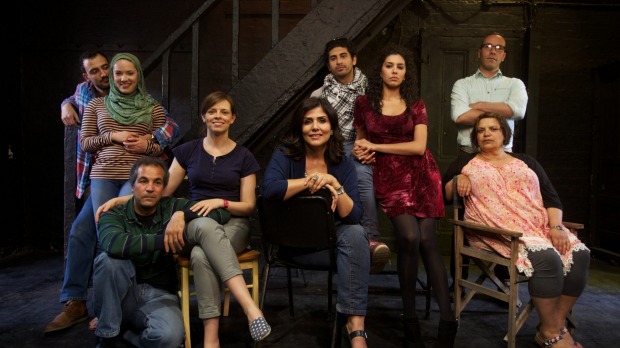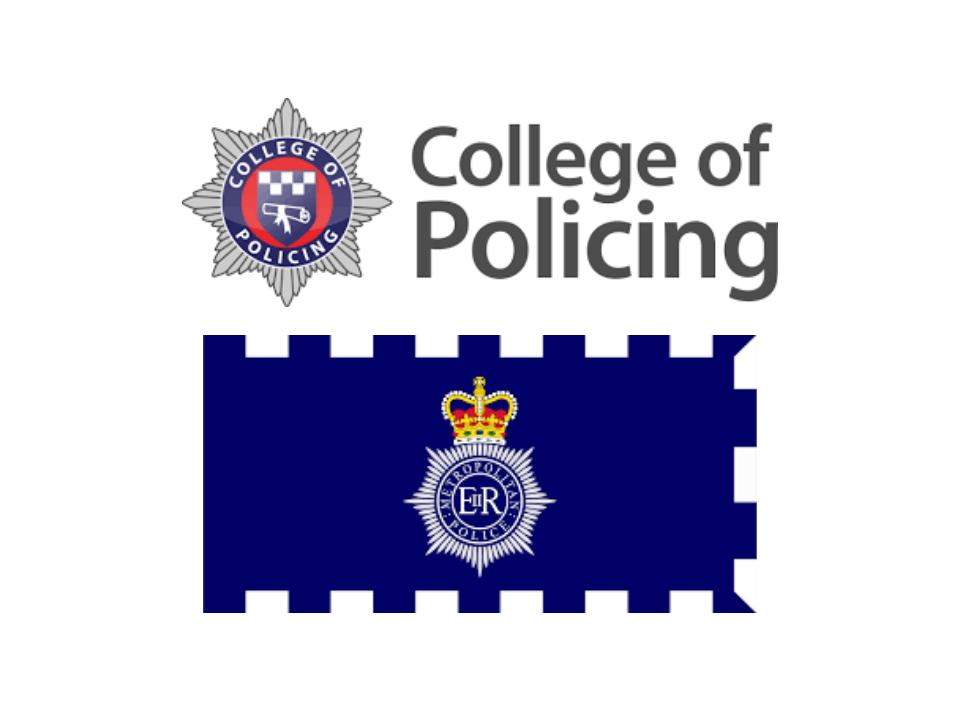Via The Age, Australia
Vision of everyday life in Palestine too bleak for some
Samah Sabawi, June 2

My play Tales of a City by the Sea sold out its 2014 and 2016 seasons to standing ovations by many, including people from a Jewish background. Despite this overwhelming support, a small yet vocal group hit the panic button when the play was selected for the VCE drama curriculum.
It seems that I, the writer, missed the memo that I can’t write an artistic piece about Palestinian life without inserting Israel’s point of view into my art. This is wrong on so many levels.
Most alarming was the false accusation by the B’nai B’rith organisation that the play “peddles classic anti-semitic themes” (ABC radio, May 27). For the record, the play does not mention Jews, Judaism, the Jewish people or have any Jewish characters. This false allegation insults me as the author of this play as well as others including the cast and crew, La Mama theatre, the VCAA, the Australian Jewish Democratic Society as well as any one else who supported, attended, applauded and worked on this production.
I believe B’nai B’rith must apologise unequivocally to all of us. Anti-Semitism must always be taken seriously. False claims of anti-Semitism used to drive political agendas only trivialise and undermine our fight and resolve to eradicate it and other forms of racism.
Some criticised the play for not including Israeli voices. The reality is the only times Israeli voices are heard in Gaza is when an Israeli soldier phones a Palestinian family and orders them to leave their house before it is bombed, over a megaphone if a Palestinian boat gets too close to the forbidden line in the sea, or when a Palestinian walks too close to the fence that surrounds Gaza and Israeli soldiers shout at them from the surveillance towers to turn back. Continue reading “Samah Sabawi’s Gaza play triggered “hyperbole of fear-mongering and racist reactions””




